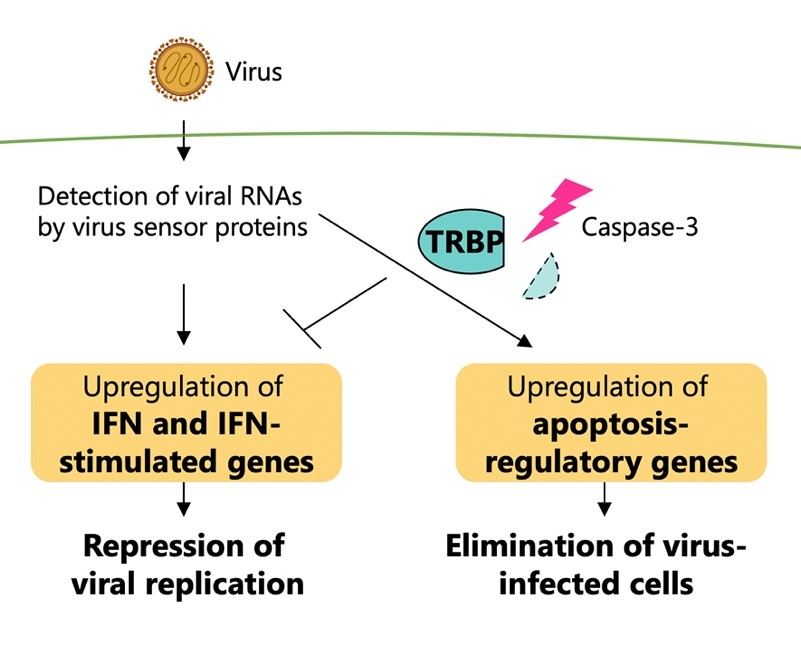Medical advances have dramatically increased the life expectancy of patients with sickle cell disease, but as patients are living longer, they are increasingly experiencing organ damage leading to early death. Now, researchers at the University of Pittsburgh and UPMC, supported by a $19.2 million National Institutes of Health grant, will lead the largest clinical trial of its kind to test a technique called red cell exchange transfusion in prolonging life and slowing or reversing organ damage.
“Currently there is no standard of care for patients with sickle cell at high risk of organ damage,” said principal investigator Mark Gladwin, M.D., Jack D. Myers professor and chair of medicine at Pitt’s School of Medicine and director of the Pittsburgh Heart, Lung, Blood, and Vascular Medicine Institute. “We are proud to lead this collaborative effort among major centers of excellence to tackle an important open question in how we treat and manage the disease.”
Nationally, about 100,000 people live with sickle cell disease (SCD), a genetic condition that disproportionately affects individuals of African descent. Approximately 30% of patients with SCD develop serious organ damage, such as cardiopulmonary complications, and kidney or liver failure, with the risks steadily increasing with age.
While blood transfusions are commonly used to treat acute complications in SCD, they can cause iron toxicity due to the presence of excessive red blood cells. In red cell exchange transfusion, the sickled red blood cells are removed and replaced with normal red blood cells. However, the exchange process is longer, requires more donor blood and is more expensive than standard blood transfusions.
“Because of a lack of sufficient data, physicians today have to make a judgement call on whether to administer red cell exchange to their patients,” said co-principal investigator Darrell Triulzi, M.D., professor of pathology and director of the division of transfusion medicine at Pitt School of Medicine.
“Physician opinions on whether red cell exchange is effective at preventing or reversing organ damage are equally divided, suggesting the real need for a definitive clinical trial such as this one to determine whether red cell exchange should be added to the standard of care for these high-risk patients.”
In the new trial, called the Sickle Cell Disease and Cardiovascular Risk – Red Cell Exchange (SCD-CARRE) trial, patients will randomly be assigned to receive either the standard of care alone or in combination with monthly red blood cell exchange treatments for one year. The study goal is to determine whether red cell exchange can lower deaths, reduce hospitalizations, and slow down or reverse the development of major organ damage.
The Pitt Graduate School of Public Health will serve as the data coordinating center for the trial, with principal investigator Maria Mori Brooks, Ph.D., professor of epidemiology, leading the development and administration of the data collection and statistical analyses.
In developing the study protocol and design, Pitt investigators partnered with researchers at the University of Illinois at Chicago (UIC). The SCD-CARRE trial is expected to run for seven years and enroll a total of 150 adult patients across 22 centers. The trial will start by enrolling patients at eight “vanguard” clinical sites—international centers of excellence in comprehensive sickle cell care and research—within the next 12 months. In addition to Pitt/UPMC and UIC, the vanguard sites include Duke University, Emory University, UCSF Benioff Children’s Hospital, the University of Alabama at Birmingham, Imperial College London, in London, United Kingdom, and Henri Mondor Hospital in Paris, France.
/Public Release. View in full here.







